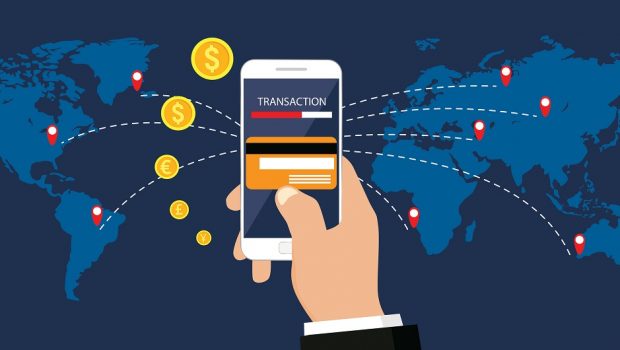Toronto CX expert Bo Zou, others comment on Blockchain’s promise for developing countries
When it comes to digital transformation, it’s not just First World countries that are benefitting from the seismic shifts taking place. In fact, what’s arguably more exciting is the way technological advances promise to level the playing field for developing economies – perhaps even allowing them to leapfrog over some of the stumbling blocks that others have encountered on the journey.
One of the technologies with the greatest potential impact is blockchain. While blockchain has been commonly linked to cryptocurrencies, the platform’s advantages are leading to a myriad of other applications, from supply chain management and security to the hospitality industry to financial services. As a decentralized, shared and continually reconciled digital ledger for data, it bypasses third-party intermediaries, while improving cost-effectiveness, transparency and security.
Blockchain adds entirely new levels of trust to transactions, notes Bo Zou, a Toronto expert in customer experience strategy and design. That’s particularly helpful in regions that lack established systems and structures and trust in their performance — blockchain is an easy and dependable way to get things done.
One example is in the processes and procedures for forming a business under a particular legal structure and for filing the requisite paperwork. This is normally easily completed online in the western world. But in developing countries, the process of forming a business legally is more time consuming. It becomes an in-person process, manually driven, and expensive.
University of Pennsylvania lecturer David Crosbie tells Bitcoin Magazine that blockchain could help developing countries bypass the interim record-keeping stages of paper to computer to online. The end-user would essentially fund and allow access to blockchain-driven record-keeping, improving efficiency, and, ultimately, productivity, along with removing a major barrier to business ownership.
Another area where blockchain could make a difference in developing countries is in establishing chain of custody. This is important to ensuring confidence in the bigger system, whether in knowing the brake pads are new and won’t cause an accident or that the vaccines shipped haven’t been tampered with.
Blockchain also may be the solution to bringing banking services to the unbankable, an ongoing issue in developing nations, Bo Zou says. The technology can provide a means to allow direct, peer-to-peer transactions, bypassing traditional intermediaries like banks. In fact, it might be another area where these countries can avoid some of the downsides of established financial systems.
“China is one country that leapfrogged the entire credit card aspect of these systems, jumping directly from being a cash society to one equipped with a digital wallet,” Zou explains. “Similarly, in developing countries, where a lesser percentage of people have access to banking, and were never familiar with traditional banking services, they will be able to leapfrog directly to blockchain transactions.”
The rub in making this all happen, though, is getting blockchain deployed in countries without the “traditional” technology underpinnings. What these countries increasingly do have, however, is smartphones and the requisite infrastructure to support them. In fact, adoption of smartphones has risen to 37 percent of the populations in developing nations, studies show.
One of the next stages in the wave of blockchain adoption involves a shift in focus to how the technology can be adapted to smartphones and 3G networks, according to Zou. Part and parcel of that, he adds, will be creating an effective user experience, both in using smartphones and in how blockchain-driven financial systems are accessed.
















